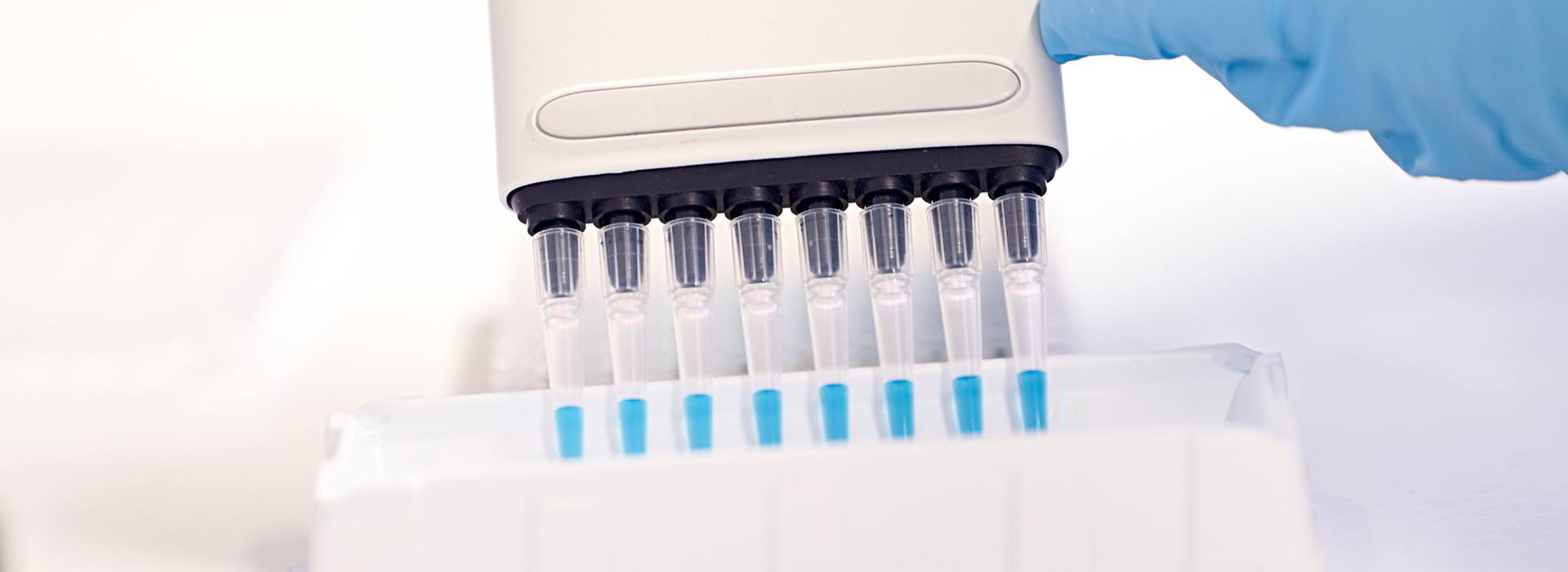
Cardiovascular Disease
Global health problem – unmet medical need
Cardiovascular disease (CVD) is the leading cause of death worldwide taking an estimated 17.9 million lives each year (https://www.who.int), a large proportion of these patients ultimately die from sudden cardiac death (SCD). The predominant causes of SCD – ventricular tachycardia and ventricular fibrillation (VT/VF) – have been shown to be key determinants of survival in patients with diagnosed and undiagnosed CVD.
Cardiomyocyte Ca2+ imbalance is at the core of most triggered arrhythmias in CVD, but current biomarkers (troponins and BNP) do not reflect Ca2+ regulation. Accordingly, methods to identify and monitor patients with cardiomyocyte Ca2+ imbalance and increased risk of VT/VF are highly warranted. As the only biomarker associated with Ca2+ status, secretoneurin (SN) is ideally suited for this purpose. Moreover, high SN concentrations are also a strong indication of the need to follow up with ECGs, echocardiography, and other examinations (angiography, cardiac MRI, PET-CT, etc.) to determine whether there are signs of structural or functional heart disease.
There is a potential major role for secretoneurin testing in patient selection for cardiac rhythm management. Current criteria both lack the desired sensitivity and specificity. As an example, as many as 70% of patients with an ICD (implantable cardioverter-defibrillator) will never need the device. Conversely, a large proportion of sudden cardiac death patients do not fulfil current criteria for ICD implantation. Thus, there is an urgent need to better target and select patients who will benefit from an ICD. The arrhythmia-ICD market is massive: It is estimated that over 30 million people suffer from arrhythmias and over 100.000 ICDs are implanted in the EC alone with yearly device treatment costs exceeding €2 billion.
References:
- Mark E. Anderson, Editorial: Will Secretoneurin Be the Next Big Thing? J Am Coll Cardiol 2015,65
- Ottesen et.al, Secretoneurin is a novel prognostic cardiovascular biomarker associated with cardiomyocyte calcium handling. J Am Coll Cardiol 2015 Feb 3;65(4):339-351
- Røsjø et.al, on behalf of the FINNSEPSIS and FINNALI Study Groups. Prognostic Value of Secretoneurin in Critically Ill Patients with Infections. Crit Care Med 2016 Oct;44(10):1882-90
- Myhre et.al, Prognostic Value of Secretoneurin in Patients with Acute Respiratory Failure: Data from the FINNALI Study. Clin Chem 2016 Oct;62(10):1380-89
- Røsjø et al, for the ALBIOS Biomarkers Study Investigators. Prognostic Value of Secretoneurin in Patients with Severe Sepsis and Septic Shock: Data from the Albumin Italian Outcome Sepsis Study. Crit Care Med 2018
- Røsjø et al, GISSI-HF study. Circulating secretoneurin concentrations provide independent prognostic information to established risk indices in patients with chronic heart failure. Eur Heart J, Volume 43, Issue Supplement_2, October 2022
- Omland, Interview, Clinical Laboratory International, October 2022
- Omland et.al. Prognostic Value Of Circulating Secretoneurin Concentrations In Patients With Cardiogenic Shock: The Cardshock Study. Poster presented at American College of Cardiology, New Orleans, March 4-6, 2023.
